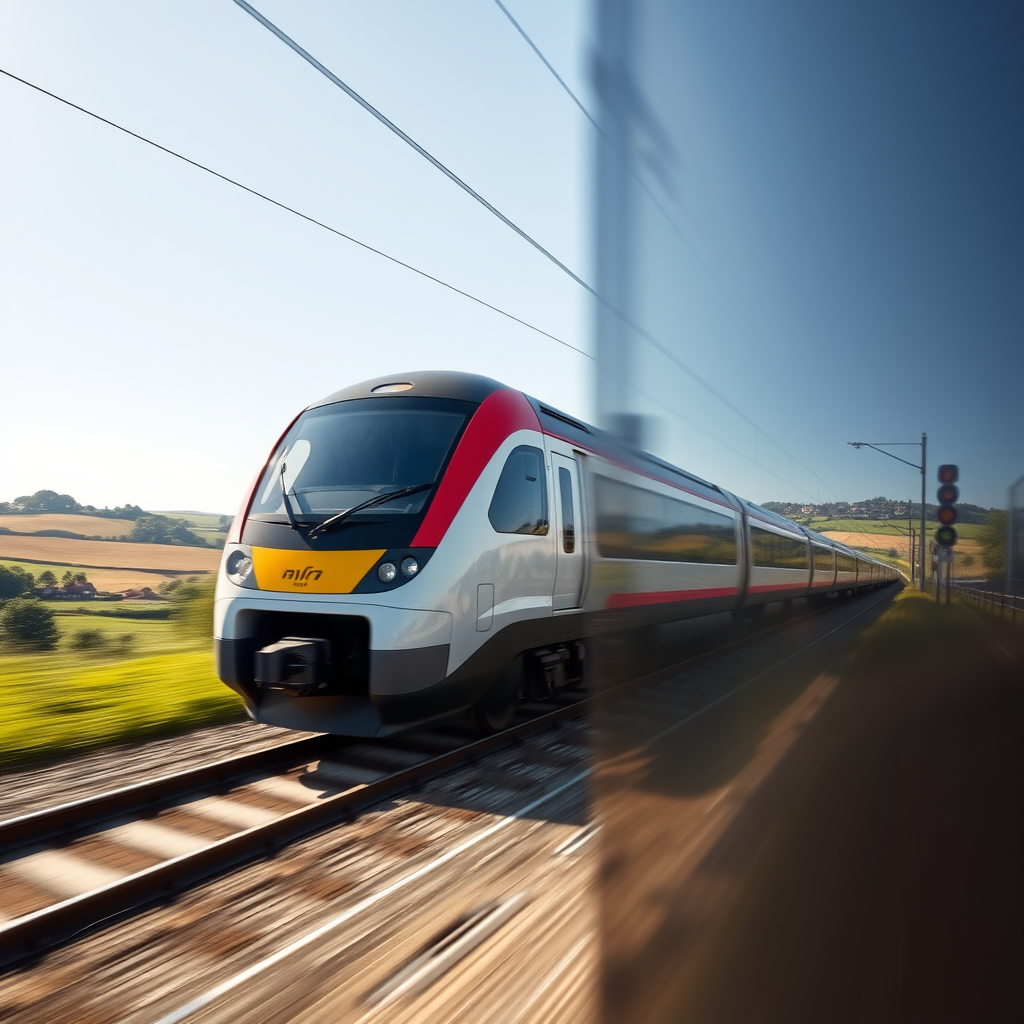United, Lufthansa, DB: One Ticket, Seamless Travel

This article explores the groundbreaking partnership between United Airlines, Lufthansa Group, and Deutsche Bahn (DB), focusing on its implications for intermodal (combining different modes of transport) travel and the future of air-rail integration. The agreement, launched in November 2023, allows United Airlines passengers to purchase a single ticket for seamless journeys connecting 25 German cities, Basel (Switzerland), and various United hubs across the United States, via Frankfurt Airport (FRA). This initiative represents a significant step towards a more integrated and efficient travel experience, leveraging the strengths of both air and rail transportation. The implications extend beyond simple convenience, touching upon broader issues of sustainability, passenger experience, and the evolving landscape of global transportation networks. We will delve into the specifics of the agreement, its benefits for passengers and airlines, and its potential to shape future intermodal partnerships across the industry.
The United-Lufthansa-DB Partnership: A Single Ticket Solution
The core of this partnership lies in the single-ticket integration of air and rail travel. Passengers traveling from various German cities to the US, or vice-versa, can now purchase one ticket covering their entire journey. This eliminates the hassle of separate bookings, potential missed connections, and the complexities of managing different tickets and baggage across different transportation modes. This streamlined approach significantly improves the passenger experience, reducing stress and enhancing overall travel convenience. The use of a single ticket also simplifies baggage handling, with provisions for integrated priority baggage handling, thereby optimizing the entire travel process. Furthermore, this collaboration extends the benefits of loyalty programs, as United MileagePlus members can earn miles on their rail journeys, fostering greater customer loyalty.
Expanding Intermodal Travel: Benefits and Opportunities
This agreement highlights the growing importance of intermodal travel in the global transportation sector. By combining the speed and efficiency of air travel with the convenience and environmental advantages of rail travel for shorter distances, this partnership delivers an optimized travel experience. For passengers, the benefits are clear: reduced travel time, cost savings in some cases, and decreased carbon footprint, especially for journeys within Germany. From an operational perspective, the partnership offers increased efficiency for airlines through better network connectivity and improved passenger flow. For Deutsche Bahn, the agreement increases the utilization of its rail network and establishes a strong partnership with major global players in the aviation industry.
The Strategic Significance: Building on Existing Models
This initiative builds upon existing intermodal frameworks, including the Star Alliance’s Intermodal Partnership model. United Airlines’ participation underscores the increasing recognition of intermodal transport as a strategic component of integrated transportation networks. The success of this partnership is likely to encourage other airlines and railway operators to pursue similar collaborations, further promoting the development of integrated transportation systems worldwide. This collaborative effort also aligns with broader industry initiatives, such as the memorandum of understanding (MoU) signed in 2020 between the International Air Transport Association (IATA) and the International Union of Railways (UIC), aimed at fostering value creation in intermodal partnerships.
Future Implications and Industry Trends
The United-Lufthansa-DB partnership represents a significant step towards a more sustainable and interconnected global transportation network. The success of this integrated model is likely to trigger a wave of similar initiatives across the industry, leading to increased competition and innovation in the intermodal travel sector. The focus on passenger convenience and efficiency, coupled with environmental considerations, will become increasingly important for future intermodal collaborations. Future partnerships will need to address challenges such as seamless ticketing systems, integrated baggage handling across different transportation modes, and the development of comprehensive data sharing mechanisms to ensure smooth and efficient operations. The emphasis on customer loyalty and the use of loyalty programs to reward intermodal travel also represent key trends for future developments in this sector.
Conclusions
The integrated ticket agreement between United Airlines, Lufthansa Group, and Deutsche Bahn marks a significant milestone in the evolution of intermodal travel. This partnership successfully demonstrates the operational and commercial feasibility of integrating air and rail travel, offering passengers a seamless and convenient experience through a single ticket system. The collaboration provides numerous benefits including reduced travel time, enhanced efficiency, and a lower environmental impact. This initiative builds upon existing industry efforts to promote intermodal travel and highlights the increasing importance of this sector in shaping future global transportation networks. The success of this partnership is likely to spur further collaborations within the aviation and rail industries, leading to a more integrated and efficient travel experience for passengers worldwide. The ability to earn miles on rail journeys, through the incorporation of the agreement into the United MileagePlus program, incentivizes passenger usage and reinforces the potential of these partnerships to foster greater customer loyalty. The agreement’s long-term implications extend beyond the immediate benefits to its initial participants, setting a precedent for future strategic alliances and contributing significantly to the growth of a more sustainable and integrated global transportation system.





